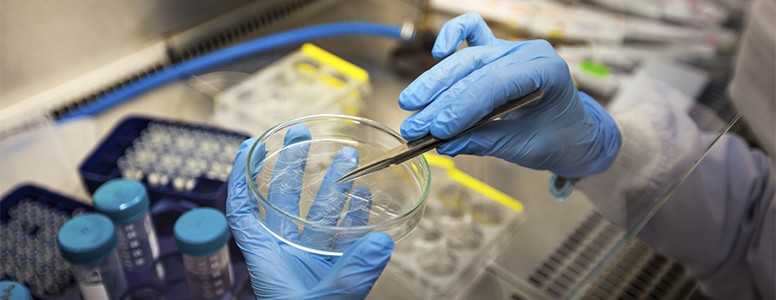Researchers think gently stressing muscle metabolism could help prevent obesity and type 2 diabetes.
The University of Iowa study was carried out on mice where the team found triggering a type of metabolic stress increased levels of a hormone called fibroblast growth factor-21 (FGF21).
The findings showed the animals were completely protected from obesity and diabetes. Interestingly, in the mice which had already started to develop the condition, the hormone reversed the diabetes and helped them return to a normal weight with normal blood sugar levels.
Professor E. Dale Abel, from internal medicine at the UI Carver College of Medicine and director of the Fraternal Order of Eagles Diabetes Research Center at the UI, said: “There is a biological phenomenon known as hormesis where a little bit of stress a can be a good thing.
“The general conclusion from our study is there is probably a sweet spot ‘hormetically’, where creating a little bit of muscle stress could be of metabolic benefit.”
The metabolic stress process involved the team applying genetic engineering to the mice, which reduced levels of a type of protein called OPA1 in the animal’s muscles.
Professor Abel said: “These experiments prove that muscle is the source of circulating FGF21 in the OPA1 deficient mice, and that muscle-derived FGF21 prevents diet-induced obesity and insulin resistance in these mice.
“If there is a way that muscle could be reprogrammed to make this hormone, then that could be of therapeutic benefit.”
However, the research team wants to carry out more work to find out whether metabolism stress can also trigger another type of reaction which could further increase FGF21 levels.
Professor Abel said: “The follow-up work on this will be understanding how a little bit of mitochondrial stress can actually increase the ER stress response and if we can mimic that safely.
“There are agents that have been used to activate ER stress pathways. So, I think the opportunity here would be to find ways to turn on this pathway in a very controlled way to get enough of this subsequent FGF21 response in muscle to be of benefit.”
The findings have been published in the EMBO Journal.
What's new on the forum? ⭐️
Get our free newsletters
Stay up to date with the latest news, research and breakthroughs.






